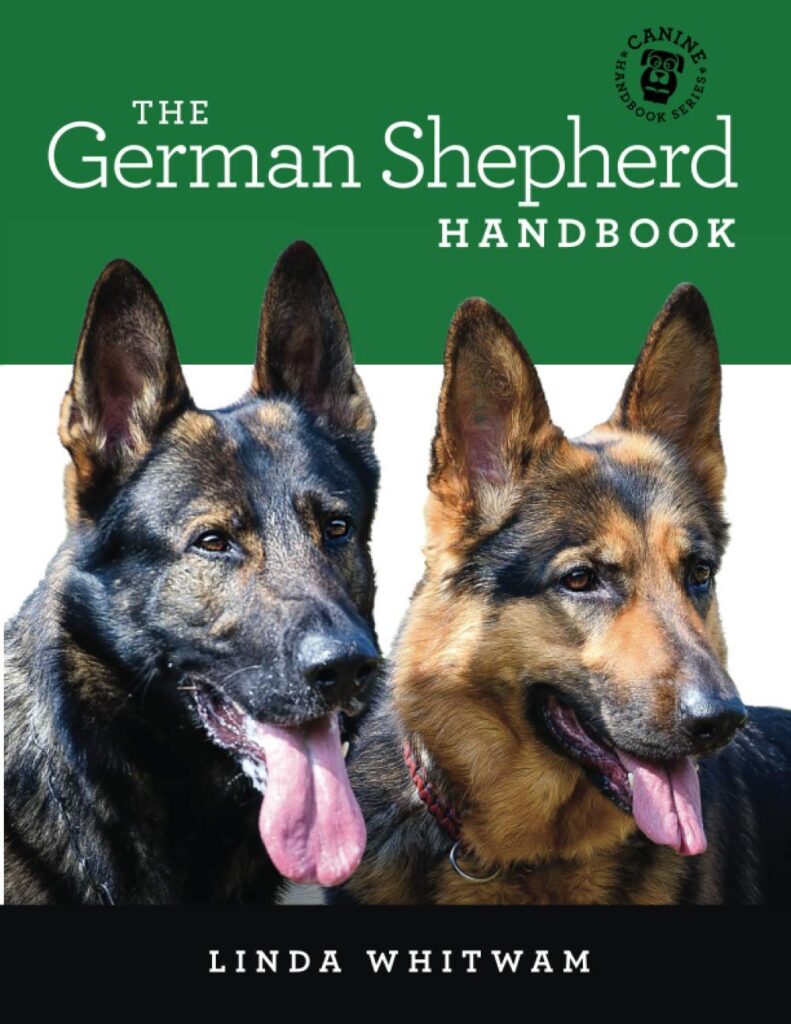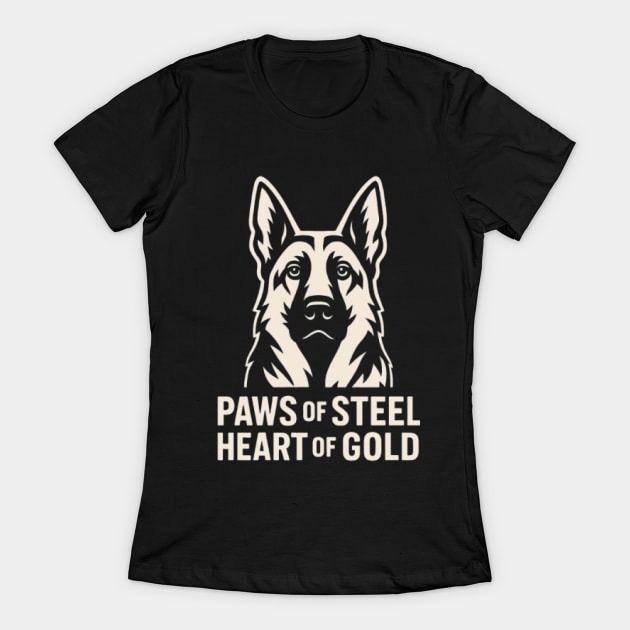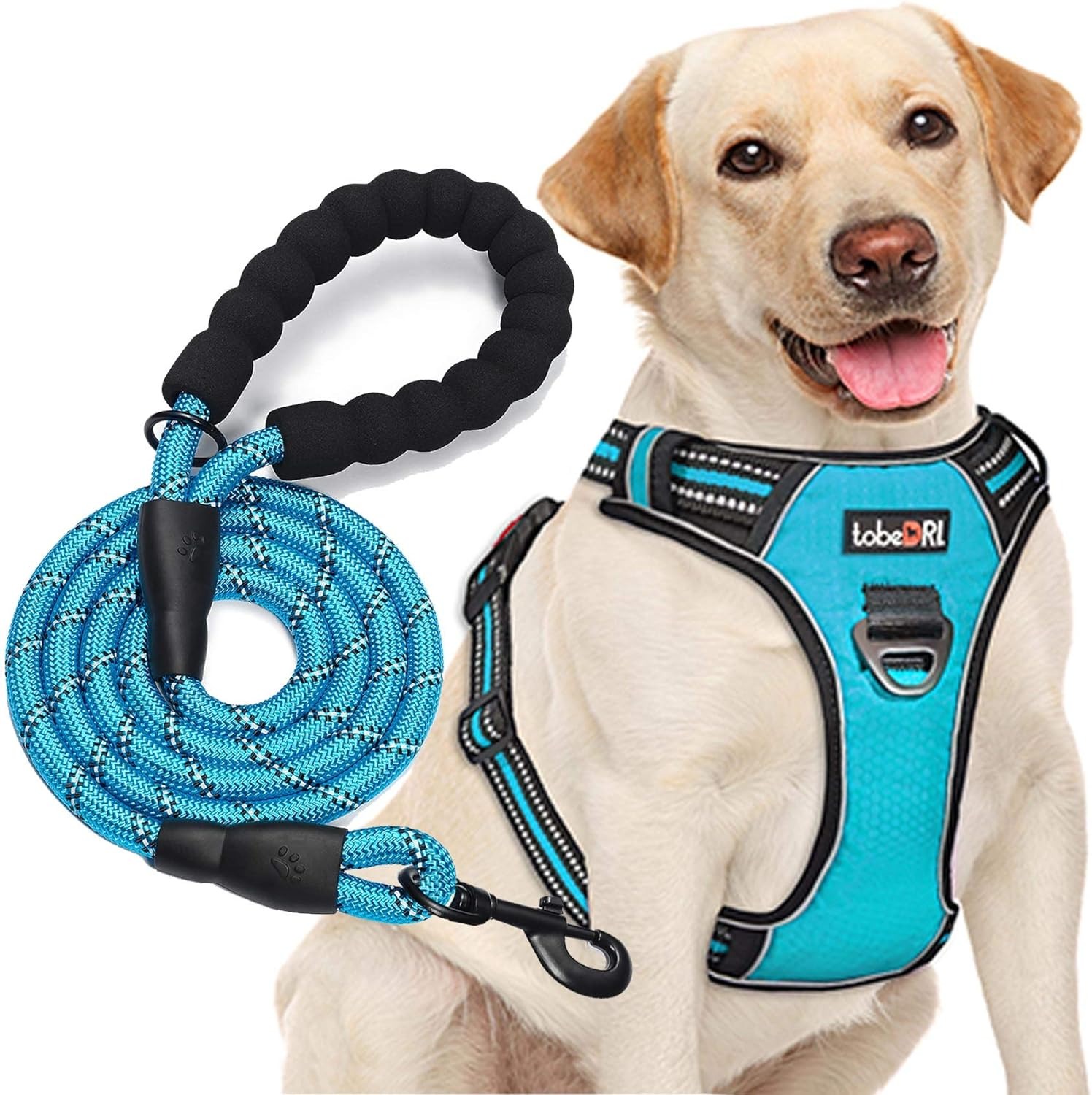A Friendly Guide for East Cornwall Dog Owners
Dog Walking Services, Exercise Needs, and Choosing a Professional Dog Walker
Confident, smart, and always ready for action, the German Shepherd temperament often sets them apart from other breeds.
Many families in East Cornwall find these dogs loyal, protective, and eager to please.
German Shepherds thrive on daily dog walks and strong routines, which is why understanding their energy and personality is so important for a happy home.
This article answers common questions about German Shepherd temperament, like whether they’re good for families, how much exercise they need, and how to make walks easier.
You’ll find tips tailored to East Cornwall, help with choosing a professional dog walker you can trust, and advice on dog walking services, daily dog walks, group dog walks, and puppy walking services.
If you’re searching for a reliable dog walker or simply want smart tips for managing your German Shepherd’s exercise, you’ll find practical solutions here.
For anyone curious about more hands-on guidance, check out this helpful guide on how to walk a German Shepherd.
And for those looking for background info on breed development and behavior, you can learn more about the German Shepherd breed on Wikipedia.
Understanding German Shepherd Temperament
Getting to know the German Shepherd temperament helps you set your dog up for success, especially in busy areas like East Cornwall.
Whether you’re researching “pet walking near me” or just want an easier time during group dog walks, understanding what makes this breed tick can make life smoother for everyone.
Let’s break down the key sides of their personality and needs, with easy-to-use advice for East Cornwall dog owners.

Personality Traits
German Shepherds have a reputation for being confident, courageous, and deeply affectionate with their families.
They tend to build close bonds, showing loyalty and a real desire to please their people. These dogs will often seek your approval and want to be involved in daily life, making them stand-out companions.
Yet, while their protectiveness is a plus, German Shepherds can be wary of strangers.
This healthy caution makes them top guard dogs but also means they need early socialisation to learn who is a friend and who is just a passerby.
Simple steps for healthy socialisation:
- Introduce your puppy to a wide mix of people, pets, and settings from a young age.
- Use a professional dog walker or a reliable dog walker for regular, supervised outings where your German Shepherd can meet new faces and practice calm greetings.
- Reward calm, friendly behavior around new people with treats, praise, or even a favorite toy.
Social dogs are happier and easier to handle on walks. Early exposure with trusted helpers sets your dog up for a balanced, friendly temperament.
You’ll avoid future anxiety or reactivity down the line. For more on reducing walk-time anxiety, see anxiety management for dogs.
Get these great mugs from our Redbubble Store
Energy and Exercise Needs
German Shepherds are built for action, with lots of stamina and a busy mind. They don’t just enjoy a quick spin around the block.
This breed thrives on daily dog walks, longer treks, and activities that challenge both body and brain. Without enough exercise, boredom creeps in, and that’s when you’ll spot chewing, digging, or barking for attention.
A solid exercise plan might include:
- Two or more brisk daily dog walks (at least 30 minutes each)
- Group dog walks to burn off extra energy and practice manners around other dogs
- Playtime in safe spaces with tug toys for both exercise and bonding
- Occasional runs or structured “jobs” like agility, herding, or fetch
If you work long hours or need backup, lean on reliable dog exercise services or book a professional dog walker.
Dogs that stay active are healthier, much calmer indoors, and less likely to get up to mischief. For tips on avoiding walk-time mishaps, see avoiding common dog walking mistakes. Reliable local dog walking services often post their dog walking rates online, making it easy to find a service that fits your routine and budget.
Socialisation and Guarding Instincts
The German Shepherd’s guarding instinct is one of the breed’s defining features. You may notice your dog likes to stick close to family or watch over the house.
This makes them both dependable watchdogs and devoted friends.
However, without positive, steady socialisation, these natural instincts can sometimes tip into over-protectiveness or nervousness around unfamiliar people or dogs.
To keep this instinct in balance, make socialisation a top priority:
- Arrange playdates with other dogs and use group dog walks when possible.
- Partner with a reliable dog walker who manages friendly, supervised introductions to new environments and animals.
- Teach your dog basic cues like “sit,” “stay,” and “leave it” to help them feel more confident during walks.
Consistent, positive experiences help your German Shepherd know which interactions are safe and friendly. Curious about staying safe on busier routes?
Check out advice on managing loose, aggressive dogs on walks.
With early, ongoing socialisation and regular, enriching outings, your dog’s natural instinct becomes an asset—not a challenge.
For those looking to keep updates and safety on a high level, consider using tech like a Tractive GPS dog tracker during walks, which brings peace of mind with energetic breeds. For anyone new to German Shepherds, learn more about the breed’s background and traits on Wikipedia.
In short, a well-socialised, active German Shepherd is a joy on every walk.
Thoughtful care, steady routines, and help from local dog experts make all the difference for both you and your dog.
How Temperament Affects Walking Needs
Every German Shepherd has their own mix of energy, alertness, and curiosity. This unique temperament will shape everything, from the right walking gear to your approach in public.
If your Shepherd is more playful than cautious—or maybe a little reactive around other dogs—those traits influence the best ways to keep walks safe, rewarding, and stress-free.
Let’s look at smart choices for harnesses and leads, handling reactive behavior, and staying safe in East Cornwall’s beautiful outdoors.
Choosing the Right Leash and Harness
A sturdy harness and lead are essential when walking a German Shepherd. These dogs are strong, clever, and sometimes determined to pull if they spot an interesting scent or another dog.
A double-ended lead can give you extra control and flexibility, especially if your Shepherd gets excited easily.
Escape-proof harnesses are a wise pick, as German Shepherds can sometimes twist or wriggle out of basic gear if startled or when their guarding instinct kicks in.
For best results, choose harnesses made for large breeds. Look for adjustable straps, padded chest plates, and solid clips.
The right fit helps prevent injuries and keeps even bouncy Shepherds comfortable. If you’re interested in a tried-and-tested list, take a look at these options for the best dog harness for large dogs.
Consistent leash manners are key, especially with the athletic German Shepherd temperament.
You’ll find great step-by-step guidance in these German Shepherd leash training tips, which outline ways to reduce pulling and turn walks into a calm, controlled routine.
Investing in good gear and using positive training methods will support happier daily dog walks, easier group dog walks, and stress-free outings with a professional dog walker.
Get this great Tote and a whole lot more from our Teepublic Store
Managing Reactive or Aggressive Behaviours
Some German Shepherds are calm and steady, but others may startle easily or feel uneasy around unfamiliar dogs in public.
Reactivity isn’t “bad” behavior—it’s how your dog copes with excitement, worry, or a strong guarding instinct.
Navigating this part of German Shepherd temperament requires patience, planning, and a few quick tricks.
If your dog gets worked up on walks, follow these steps to keep things under control:
- Scan ahead: Watch your surroundings and plan early for encounters with people or other dogs.
- Keep a safe distance: Cross the street or change direction if your Shepherd starts to focus or tense up.
- Use distraction: Bring favorite treats or a squeaky toy to redirect your dog’s attention before escalation.
- Practice calm cues: Teach your dog “look at me,” “sit,” or “leave it” to help them self-settle.
- Reward calm: Celebrate small successes with praise, treats, or play to reinforce relaxed walking.
- Choose quieter routes: Build confidence on less busy paths before tackling crowded areas or group dog walks.
For those tricky moments when you run into unfamiliar or off-lead dogs, it’s wise to have a plan.
Review practical safety advice for managing loose dogs on walks to keep your Shepherd and yourself safe in these situations.
Extra help from dog exercise services or a reliable dog walker can make all the difference, especially if you’re building up your dog’s confidence or managing multiple dogs at once.
Safety Tips for Walks in East Cornwall
East Cornwall offers some of the most scenic walking spots in the UK, from coastal trails to wooded valleys.
But each adventure brings its own set of safety considerations, especially if you have a high-energy dog like a German Shepherd.
Here’s what local dog walkers should keep in mind:
- Weather changes fast: Always pack a waterproof and check the forecast before heading out. Shepherds have a thick coat but can still get chilly or overheated.
- Terrain matters: Clifftops, muddy fields, or rocky paths can be tricky. Use supportive harnesses and consider traction booties if your dog struggles with grip.
- Wildlife awareness: Keep your Shepherd on lead in livestock fields or where adders and nesting birds are common. Local by-laws often require leashes to protect wildlife and your dog’s safety.
- Stay visible: East Cornwall’s lanes can be narrow and shaded, so reflective gear is a smart choice for dogs and humans alike.
For a deep dive into local safety topics, including potential risks for German Shepherds and practical tips for all weathers, see Is dog walking dangerous for German Shepherds?.
This guide helps you plan walks with confidence, avoid common hazards, and handle unexpected surprises.
By tuning in to your dog’s temperament and staying equipped for East Cornwall’s unique walking spots, you’ll keep every outing enjoyable and safe.
If you’re looking to compare group walks or daily routines, you can check typical dog walking rates or reach out to a reliable dog walker for advice that fits your schedule.
For more technical info about German Shepherds and their physical needs, the Wikipedia page on German Shepherds is a solid reference.
Remember—matching your walk to your German Shepherd’s personality is the best way to enjoy every step in East Cornwall.

Finding Professional Dog Walking Support in East Cornwall
Finding the right dog walking support in East Cornwall can be a real gift, especially for German Shepherd owners.
These energetic, intelligent dogs need plenty of exercise and routine to stay at their best.
If you’re busy or need a helping hand, professional dog walking services offer a reliable way to keep your German Shepherd happy, healthy, and socialized.
Benefits of Local Dog Walking Services
Choosing a local dog walking service means your dog enjoys familiar routes and consistent routines—two things German Shepherds love.
Why does this matter?
Walking the same paths helps reduce stress, builds confidence, and creates predictability for your dog, all while keeping things fresh with new scents and sights.
Local services also offer:
- Community familiarity: Your walker knows the area, the safest spots, and even which fields are best for running or sniffing.
- Opportunity for socialization: Joining group dog walks gives your German Shepherd a chance to meet other dogs in a safe, controlled setting. It’s great for building friendly manners and positive energy.
- Consistent schedule: Reliable daily dog walks keep your dog’s energy in check, reducing the risk of boredom or destructive behaviors.
When searching online for “pet walking near me,” you’ll notice that many East Cornwall walkers share clear dog walking rates and flexible package deals.
This makes it easy to compare options that suit your German Shepherd’s daily needs.
A professional dog walker brings more than fresh air and exercise—they help reinforce positive habits and build your dog’s confidence with every outing.
For dogs prone to anxiety or those needing structured activity, a local expert can make a world of difference.
If your Shepherd struggles with nerves on walks, see some helpful ideas in anxiety treatment for dogs.
Get this great shirt from our Teepublic Store
What to Look for in a Reliable Dog Walker
Not all dog walkers are created equal, especially for active, intelligent breeds like the German Shepherd.
Here’s what sets a trustworthy professional apart from the rest:
- Insurance and DBS checks: Your walker should carry public liability insurance and have undergone a DBS (Disclosure and Barring Service) check. This keeps you, your dog, and everyone else protected.
- Experience with large breeds: German Shepherd temperament can be strong-willed and energetic. Look for someone confident and skilled with big, lively dogs.
- Professional gear: Reliable walkers use escape-proof harnesses and non-retractable leads for safety. Bonus points if they offer best dog harness for large dogs recommendations.
- Safety measures: Many local services now use GPS trackers for extra peace of mind. This lets you keep tabs on your dog’s location during daily walks.
- Training know-how: A great walker uses positive reinforcement and understands how to handle reactivity or excitement. For tips on reinforcing those good manners, discover these Essential dog training secrets for good behavior.
You need someone who will treat your German Shepherd as part of their own pack—gently, with patience, and plenty of cheerful encouragement.
A walker who updates you after each visit, shares photos, or suggests enrichment ideas like tug toys, brings added value for busy pet parents.
Pricing, Rates, and Booking Options
Wondering how much professional dog walking support will cost in East Cornwall? It’s actually easy to budget for quality care:
| Service Type | Average Rate (2024) | What’s Included |
|---|---|---|
| Solo Walk (30 min) | £10-£13 | 1-on-1 attention, local route |
| Group Walk (1 hr) | £12-£17 | Social walks, small group size |
| Puppy Visit (30 min) | £9-£12 | Shorter walk, play, gentle training |
Dog walking rates may vary by length, group size, or special needs. Many services offer package deals—bookings for three or more weekly walks often come at a discount.
For puppies or young German Shepherds, look for dedicated puppy walking services that include breaks, basic training, and gentle exploration.
Group dog walks are ideal for social butterflies, while solo walks suit nervous or senior dogs who like a gentler pace.
Ready to arrange regular daily dog walks or just want to try a one-off group adventure? Most East Cornwall walkers make booking easy through a contact page or quick call.
You can find details for contacting Paw-tastic Walks right on their website.
While choosing the right walker for your German Shepherd’s temperament, always double-check their experience, credentials, and feedback from local clients.
Regular outings with a reliable dog walker offer not just exercise, but a happy, balanced life for your loyal Shepherd.
For more on exercise routines, training, and the best care for German Shepherds, you can learn from resources like the German Shepherd Wikipedia page.
Finding the right support ensures every walk is safe and satisfying—for both you and your dog.
Common Walking Mistakes and How to Fix Them
Even with the best intentions, it’s easy to slip into habits that make daily dog walks harder for you and your German Shepherd.
Due to their keen intelligence and strong drive, the German Shepherd temperament often reveals the tiniest gaps in your routine.
If walks leave you feeling frustrated or your dog comes home wild instead of calm, a few common mistakes may be to blame.
Let’s look at some frequent missteps and simple ways to correct them, making every outing smoother for both you and your best friend.
Rushing the Walk and Skipping Sniffing Time
Dogs, especially German Shepherds, experience the world through their noses. Skipping or speeding up their favorite part of the walk—sniffing—can leave your dog anxious and unsatisfied.
- Let your Shepherd sniff: Allow time for sniff breaks along the route. These moments are essential for their mental well-being.
- Think of sniffing as their “checking emails.” Rushing this time is like skipping breakfast—you just don’t feel right all day!
Quick Fix: Add extra minutes to your daily dog walks so your pet can explore safely (and at their own pace).
For more tips on stress-free walks, the 5 common walking mistakes article explains why sniffing is just as important as walking.
Using Poorly Fitted or Uncomfortable Gear
Your German Shepherd is a large, powerful dog. If their harness or collar is too tight, loose, or flimsy, it can cause discomfort, chafing, or even escape attempts. Ill-fitting gear leads to pulling and distractions.
- Choose a well-fitted, padded harness made for active, strong dogs.
- A secure harness boosts your control and prevents injuries.
Quick Fix: Review top options in this list of the best dog harness for large dogs.
With the right gear, your dog’s comfort and your peace of mind get a huge upgrade.
Inconsistent Training (Letting Pulling Become a Habit)
If your German Shepherd pulls on walks, you’re not alone. Many owners give in to pulling—letting the dog decide the pace or direction.
Over time, this teaches your dog that pulling works.
- Consistent leash manners are a must with the energetic German Shepherd temperament.
- Practice “stop and go.” When your dog pulls, stop. Wait for slack, then go.
Quick Fix: Set up short training sessions during regular dog walking services or group dog walks to practice calm walking. If your dog struggles with reactivity, consider guidance from a professional dog walker.
Ignoring Environmental Stress or Overstimulating Routes
Busy areas, loud noises, or too many dogs can overwhelm your German Shepherd. Ignoring what stresses your dog means walks can become a chore or even risky.
- Pay attention to body language: tucked tail, pinned ears, and wide eyes signal stress.
- Sometimes, quieter routes or off-peak hours can help your dog relax.
Quick Fix: If reactivity strikes or you spot an unfamiliar dog, this guide on dealing with loose aggressive dogs on walks is full of safe, practical steps for high-energy breeds.
Not Being Present and Engaged
If you’re on your phone or distracted, your Shepherd will notice. Lack of engagement means missed training moments and less bonding.
- Keep your phone away (unless needed for safety).
- Use walks as a time to reinforce cues and deepen your connection.
Quick Fix: Bring a favorite squeaky toy or treats for quick training games.
Playing tug with tug toys can offer great enrichment and redirect extra energy in a positive way.
Using Only One Walking Routine
Walking the same route every day gets dull for your dog. German Shepherds, with their smart and curious nature, often crave novelty and fresh challenges.
- Mix up your routes, adding new parks or trails when safe.
- Try group dog walks or vary the pace with extra playtime.
Quick Fix: Join local group dog walks or alternate solo and social walks for more stimulation.
Overlooking the Importance of Weather and Preparedness
Cornwall’s weather can change quickly. Not being ready for rain or strong sun puts both you and your dog at risk.
- Pack a raincoat, towel, and water when the forecast is mixed.
- If your dog dislikes the rain, you might like tips from can I walk my dog in the rain? for the best ways to stay dry and happy.
Skipping Maintenance and Safety Checks
Before each outing, it’s easy to forget basic safety checks. Faulty gear, dead batteries in GPS trackers, or forgetting ID tags can turn a fun walk into a stressful ordeal.
- Check your dog’s harness, lead, and tags each time.
- Charge your Tractive GPS dog tracker or similar device so you always know your dog’s location.
Table: Common Mistakes and Easy Solutions
| Walking Mistake | Quick Fix |
|---|---|
| Rushing sniff breaks | Add time for exploring and natural pauses |
| Using the wrong harness/collar | Fit a padded, escape-proof harness for large breeds |
| Giving in to pulling | Practice consistent leash manners, stop when pulling occurs |
| Ignoring stress signs | Take quiet routes, watch for anxiety cues |
| Distracted walking | Stay engaged, play with tug toys or treats |
| Same route daily | Rotate paths, join group or social walks |
| Unprepared for the weather | Check forecast, carry water/rain gear |
| Skipping gear checks | Inspect harness, tags, and tech before leaving |
Support for Common Walking Challenges
Getting help from reliable dog walking services, or even searching “pet walking near me,” can simplify walks and catch problems early.
A dependable dog exercise service or professional dog walker spots subtle stress or gear issues before they grow.
If you want to know more about the technical side of dog behavior, the Wikipedia article on dog behavior offers insightful background.
By understanding the German Shepherd temperament and working out small kinks in your walking routine, you can turn daily walks into the best part of both your days.
If you need help with group dog walks or want to check local dog walking rates, trusted information is always just a call or message away from your reliable dog walker.
For dogs that need extra calm, natural options such as Pet Remedy for dogs may provide gentle support alongside regular exercise and positive training.
Little changes go a long way to happy, wag-filled walks in East Cornwall.
Get this great shirt and a whole lot more from our Teepublic Store
Conclusion
German Shepherd temperament combines loyalty, intelligence, and protectiveness, shaping every walk and daily routine.
These dogs do best with regular exercise, clear boundaries, and positive social experiences. When you meet their need for structure, activity, and gentle guidance, you’re rewarded with a truly devoted companion.
If you’re in East Cornwall and searching for “pet walking near me” or dependable local dog walking, professional support can make life smoother for both you and your Shepherd.
Reach out to Paw-tastic Walks for expert advice and tailored dog walking services based on your dog’s unique temperament.
Explore their handy guides on essential gear and safety, like choosing the best dog harness for large dogs or navigating group dog walks.
For more tips on German Shepherd care, or to book a reliable dog walker for daily dog walks, group dog walks, or even puppy walking services, visit Contact Paw-tastic Walks.
Every walk is a chance to strengthen your bond and support your dog’s well-being. Thank you for reading—your commitment to your German Shepherd means the world to them.
Curious about dog behavior and breed history? Explore the broader picture on Wikipedia’s German Shepherd page.















